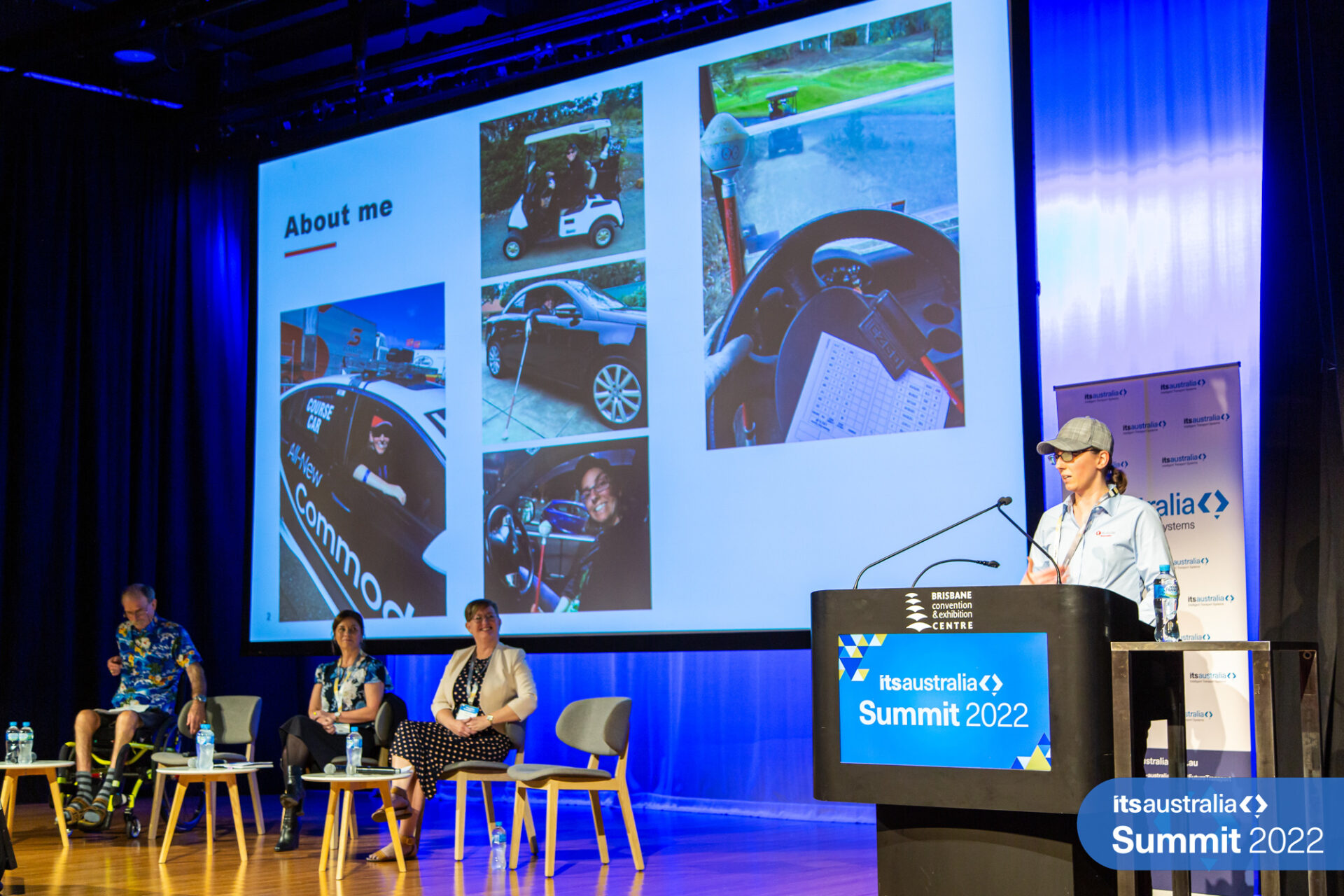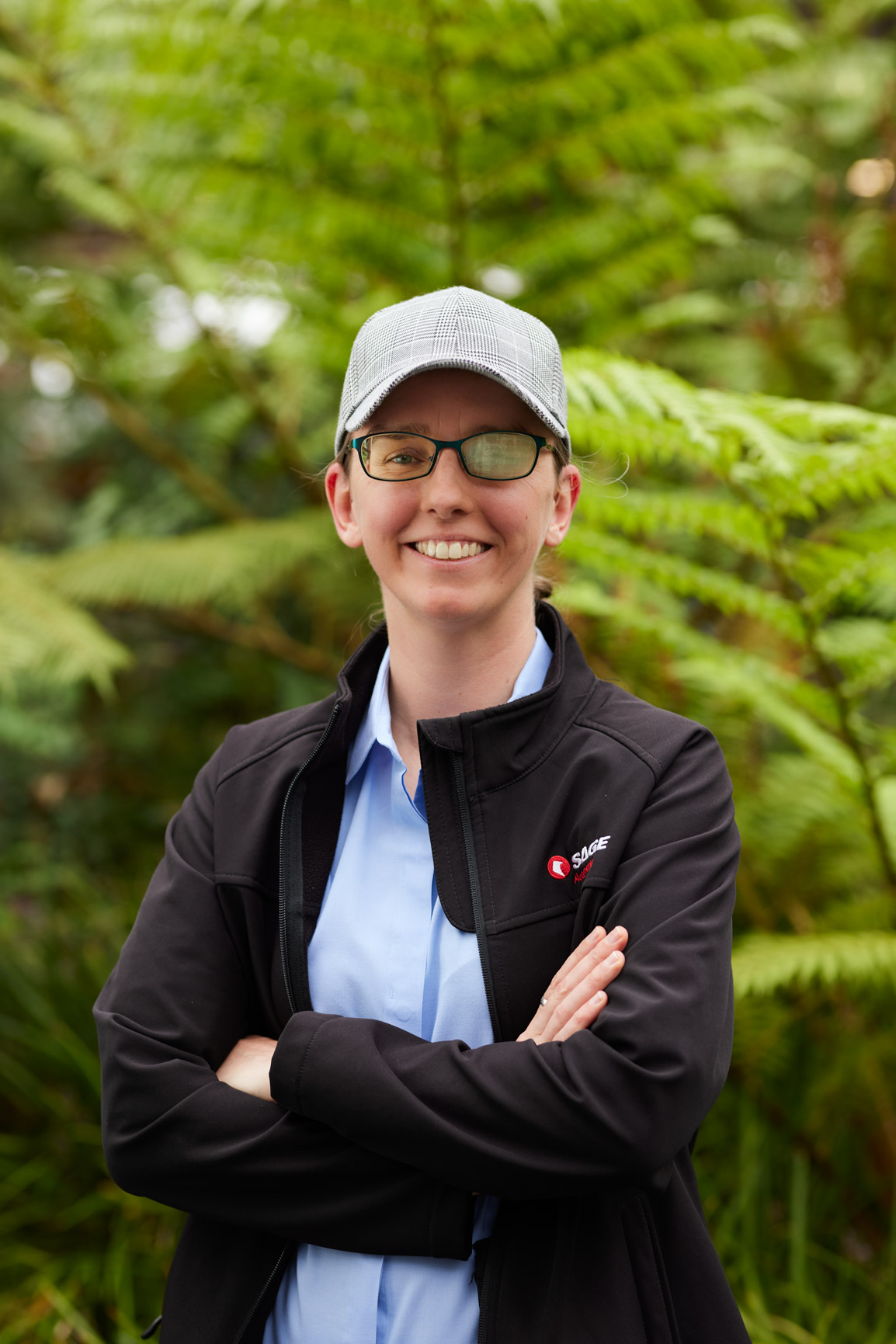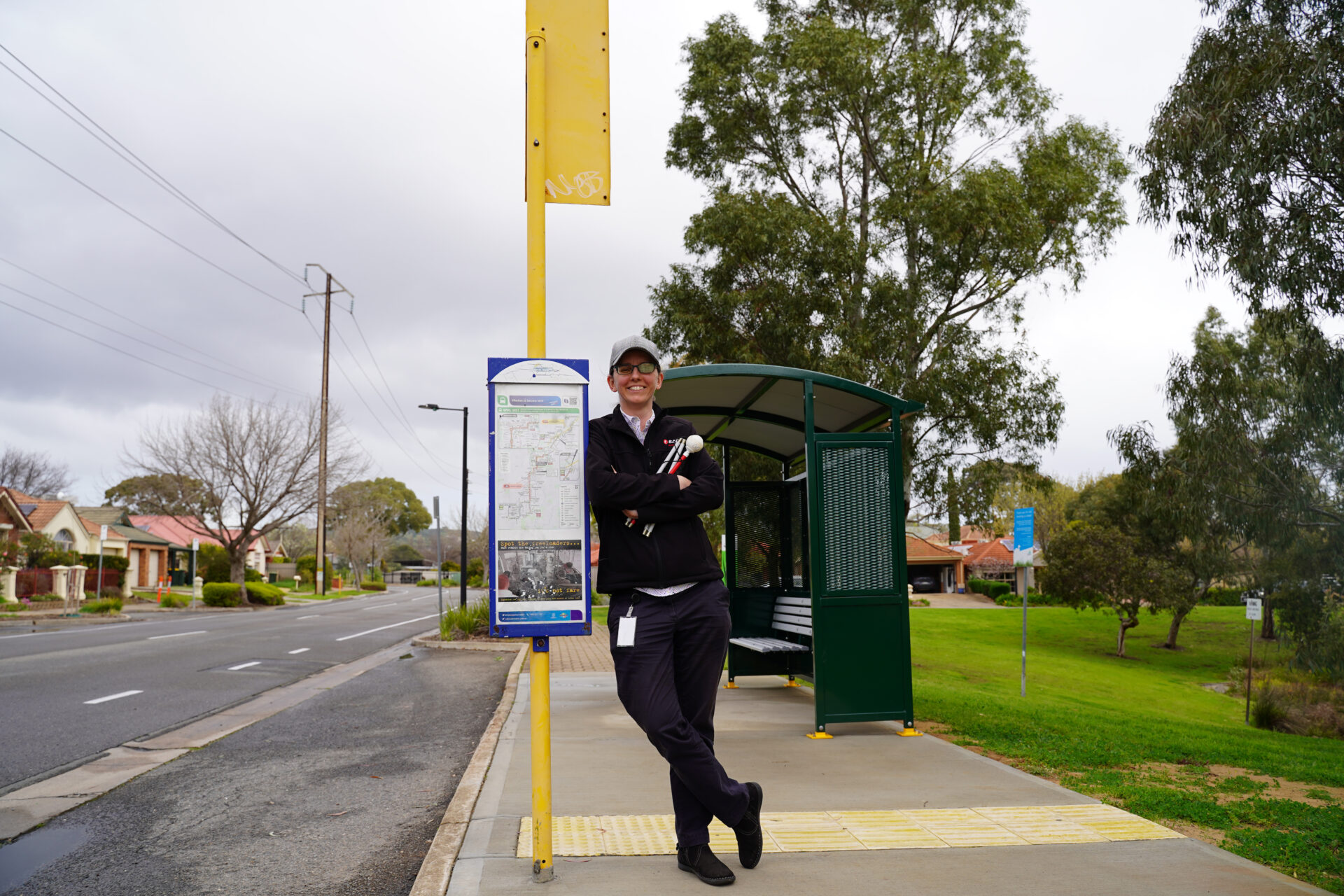Australian programmer wins international award celebrating “blind ambition”

An Australian software programmer has been named the winner of the Holman Prize, an international award
recognising innovative thinkers who are blind or legally blind.
Cassie Hames, a programmer for the smart cities team at SAGE Group, an industrial digitalisation company based in
Tonsley, South Australia, was announced as one of three winners of the 2022 Holman Prize on Friday 16 th
September.
Launched in 2017 by San Francisco’s Lighthouse for the Blind and Visually Impaired, the Holman Prize celebrates
“blind ambition”, encouraging adventurous spirits, entrepreneurship, and leadership within the blind community by
providing funding to realise a big idea.
The Holman Prize – named after James Holman, a renowned 19 th century explorer, author, and the first blind person
to travel to all known continents – requires applicants to pitch an innovative project that challenges the common
misconceptions of what it means to be a blind person.

Ms Hames proposal was to create “See Me,” a fully integrated app that bridges the disconnect between bus drivers
and passengers which can lead to people who need assistance being left behind.
The app notifies bus drivers when a See Me user is waiting at an upcoming stop while it also alerts the user (once on
the bus), when they are arriving at their destination, and aims to make independent travel on public transportation
safer and more accessible for everyone.
“Going out into the community shouldn’t be less of an experience from one person to the next, regardless of ability,
disability, or anything else,” Ms Hames said.

“As a frequent public transport user, I wanted to develop a solution that increases accessibility for all people so that
everyone can feel comfortable, confident, and safe catching the bus.
“See Me ensures no one is left behind,” she said.
Winning the Holman Prize means that Ms Hames receives USD $25,000 prize money provided by Lighthouse to
develop the application, with several transport authorities right around Australia already in discussions for a trial.
Future mobility has come into the spotlight in recent years thanks, in part, to the rise in popularity of autonomous
vehicles (AV) in the public sphere, but a range of other technologies are also quietly being deployed across Australia
by companies such as SAGE.

Internet of Things (IoT) devices and advanced software applications have been instrumental behind the scenes in
supporting local councils to reduce COVID-19 testing wait times by providing vehicle counts and real-time traffic
condition data.
As advanced technology becomes more integrated in our local communities, involving more people of differing
abilities and experiences in the accessibility conversion is important, says SAGE Head of Smart Cities and Future
Mobility Damian Hewitt.
Stay up to date with the latest news, developments events and activities at Tonsley Innovation District